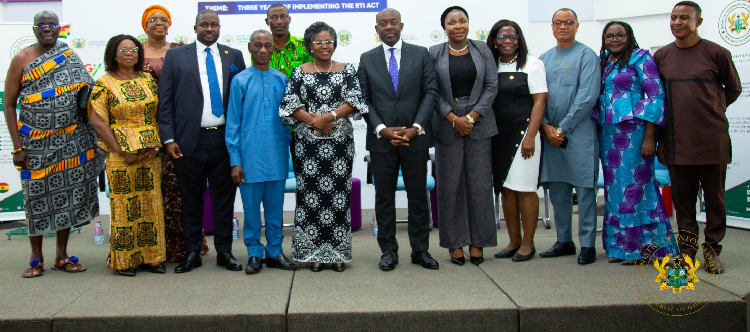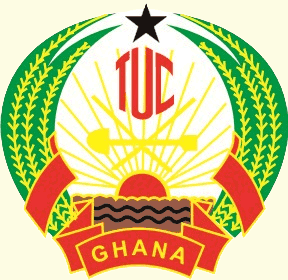
Total of 150 selected staff members and Civil Society Organisations (CSOs) from 10 Municipal and District Assemblies (MDAs) have undergone three-day training on the Right To Information (RTI) Act in Nalerigu, the North East Regional capital.
The participants were drawn from the Northern, Savannah and North East Region, and the purpose of the training was to enhance their knowledge to effectively respond to citizen’s requests for information.
The participants were taken through topics including procedures for accessing information, handling information requests, the review and appeal processes, annual reporting, and applicable fees and charges under the RTI Act.
The training was organised by Ghana Developing Communities’ Association (GDCA) as part of the organisation’s governance efforts under the Empowerment for Life Programme (E4L Programme).
The Governance thematic area of the E4L Programme is focused on key governance issues such as equity, inclusiveness, transparency, responsiveness, and accountability at both local and national levels.
The E4L Programmes goal also seeks to empower CSOs in northern Ghana to contribute to improved resilience, equity, and accountable governance.
It is being implemented in the 10 MDAs by four local partners; GDCA, School for Life, Changing
Lives in Innovative Partnerships, and YEFL-Ghana, with funding support from Civil Society in Development (CISU) through Ghana Venskab, a Danish organisation.
The Policy Planning, Budgeting, Monitoring, and Evaluation Manager at the RTI Commission, Mr Michael Doudu Sakyiama, in facilitating the training said the participants had some knowledge of the RTI Act, but there were still challenges regarding their responsibilities under the law.
Mr Sakyiama stated that every public institution must have an RTI Unit, to manage by an Information Officer or a designated officer, to receive and respond to information requests.
He called on public institutions to respond to such requests promptly in order to avoid penalties under the RTI Act.
Mr Mohammed Avona Akape, Chief Director, North East Regional Coordinating Council, also a participated in the training,
and highlighted the importance of RTI saying many of their staff lack understanding of the RTI Act.
“With this training, we have gained valuable insights, and I believe it will improve how we handle information requests,” he stated
Mr Justice Achaah Adoah, Information Officer at the East Mamprusi Municipal Assembly, echoed this sentiment, noting that the training covered aspects of the RTI Act that were previously unclear to many participants, despite prior training sessions.
Mr Damma Mumuni, Director, Administration at the Northern Regional Coordinating Council, stated that the training was helpful in clarifying the roles and responsibilities of public institutions under the RTI Act.
He mentioned that this is the importance of establishing information units, staffing them with qualified Information Officers, and preparing public information manuals.
According to him, the training of selected staff of the 10 MDAs, the officials from the RTI Commission also facilitated a similar training for staff and partners under the E4L Programme.
This, he said, was aimed to build their capacity to train others on the RTI Act and also to use the Act to access information by themselves.
Alhaji Osman Abdel-Rahman, Executive Director of GDCA, disclosed that access to information was crucial for promoting transparency, accountability to ensure that they were improved service delivery by public institutions to local communities.
FROM YAHAYA NUHU NADAA, NALERIGU
The post 150 MDA workers, CSOs trained on RTI Act appeared first on Ghanaian Times.
Read Full Story











Facebook
Twitter
Pinterest
Instagram
Google+
YouTube
LinkedIn
RSS